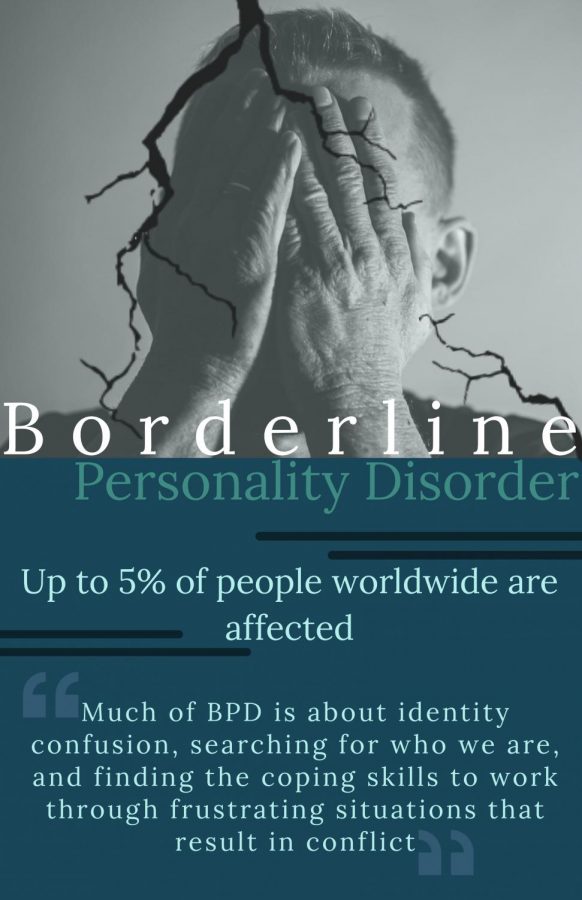According to Mental Health America, up to five percent of people worldwide are affected by Borderline Personality Disorder (BPD). Many people have to deal with the daily struggles that come with BPD, ranging anywhere from frequent mood swings to suicidal thoughts. Even with the severity associated with BPD, many people are not sure of what it is or how to look for it.
BPD can be vague and hard to characterize due to its shared similarities to other disorders such as Bipolar Disorder. According to the National Institute of Mental Health, generally, BPD is distinguished by severe manic and depressive episodes, having problems with self-image and differing behavior, which can result in impulsive actions as well as problems with relationships.
These behaviors are attributed to the parts of the brain that are affected by BPD. Another factor that could contribute to these behaviors is certain ages. Antioch Community High School school psychologist, Jim White, commented about specific ages that BPD can be commonly found in.
“It’s [rarely] diagnosed in adolescence or high school students because so much of Borderline Personality Disorder is about identity confusion, searching for who we are, and finding the coping skills to work through frustrating situations that result in conflict,” said White. “If someone continues not to be able to function within a normal society, that’s where this disorder comes in.”
Despite how difficult it might be to understand BPD, some recurring signs suggest that someone may have it. According to helpguide, some of the most recognizable signs of BPD are fear of abandonment, unstable relationships, distorted or unclear self-image, possible self-harm, mood swings, a chronic feeling of emptiness, explosive anger and feeling out of touch with reality.
Having a better understanding of BPD might help someone understand their actions or others’ actions in the future. BPD is difficult to understand and hard to spot disorder that should be more mainstream due to its impact on a person’s life. Nevertheless, those with BPD can still find help from professionals and continue to live a fulfilling life.
If you or someone you know might be severely struggling with BPD, call the Substance Abuse and Mental Health Services Administration at 1–800–662–HELP (4357) or ask your doctor if you have concerns regarding you or someone you know pertaining to BPD.















